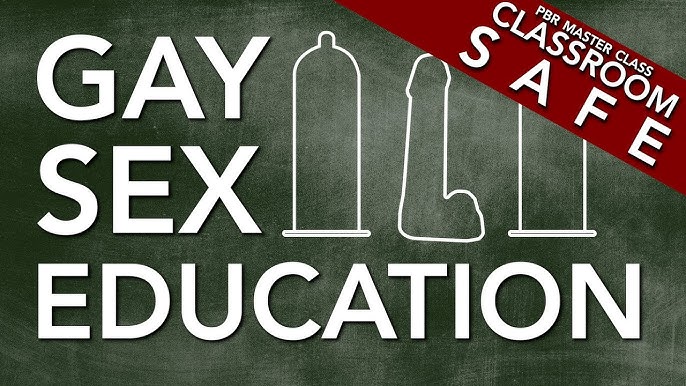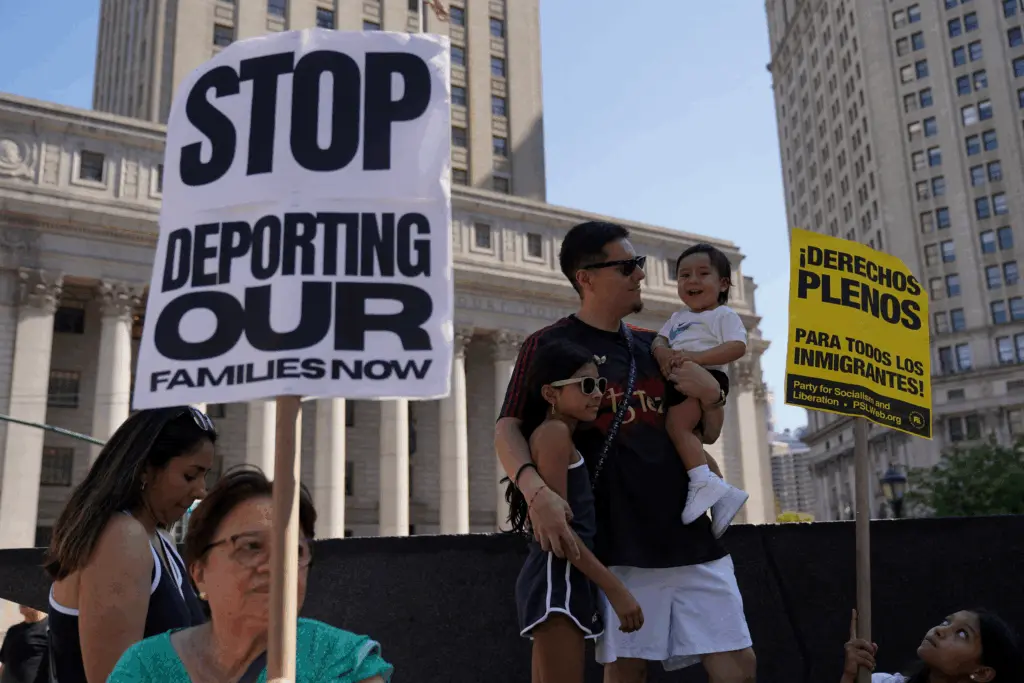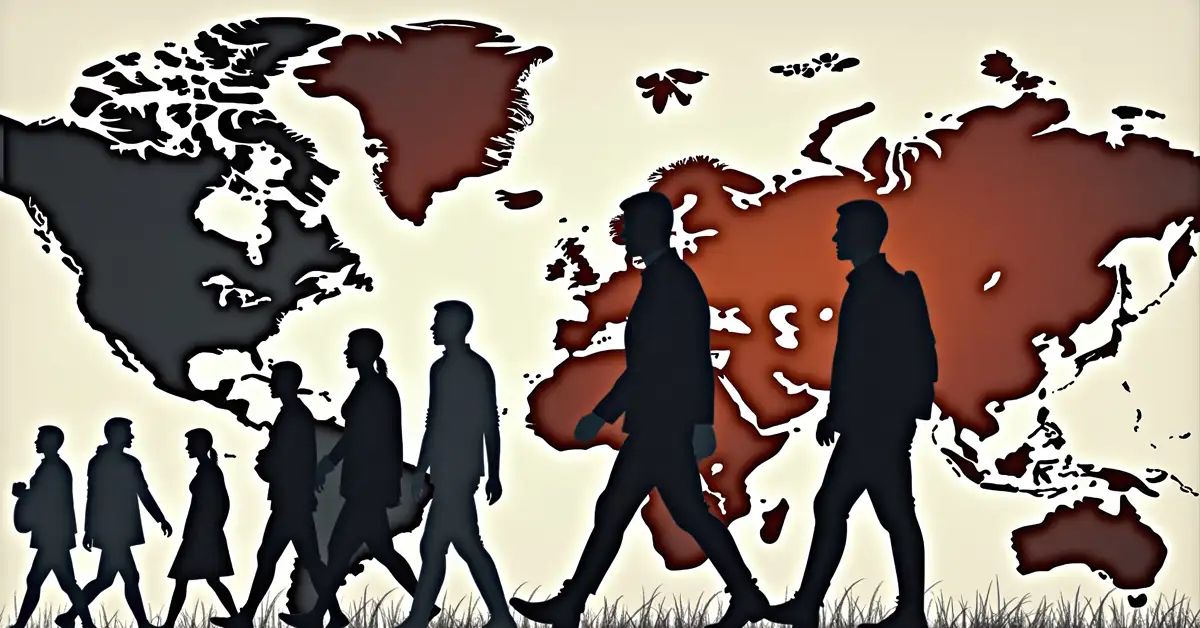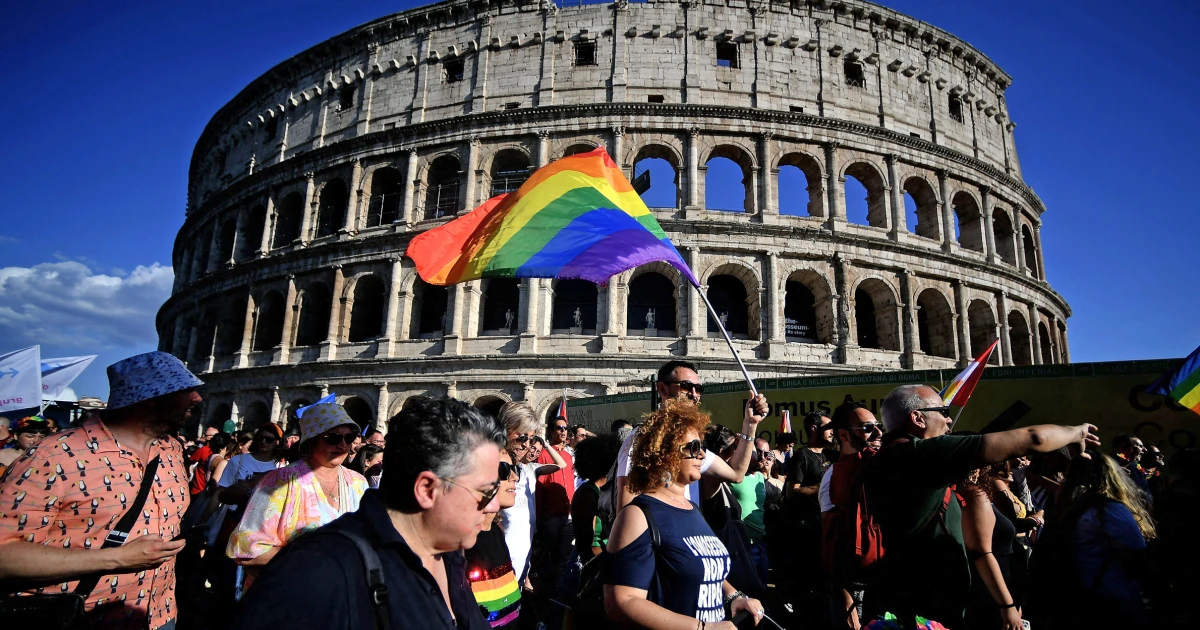Humor has long served as a powerful tool for addressing difficult topics, offering a lens through which society can confront uncomfortable truths, challenge stereotypes, and foster understanding. In recent years, comedians like Felix Hlophe have harnessed comedy to tackle sensitive issues such as HIV, gay sex, and the associated stigmas, particularly within and beyond gay communities. This approach, when executed with nuance and empathy, can dismantle harmful narratives, promote awareness, and encourage open dialogue. However, when handled carelessly, such humor risks reinforcing stereotypes, trivializing lived experiences, and alienating marginalized groups. This article explores the delicate balance comedians navigate when addressing HIV and gay sex through comedy, examining its potential to heal or harm, its historical and cultural significance, and its role in reshaping societal attitudes.
The Power of Comedy in Addressing Social Issues
Comedy has a unique ability to cut through defensiveness, making it an effective medium for discussing topics that might otherwise be met with resistance. By blending laughter with insight, comedians can challenge entrenched beliefs, humanize complex issues, and foster empathy. Historically, comedy has been a vehicle for social commentary, from the satirical plays of Aristophanes in ancient Greece to the biting political humor of modern stand-up comedians like Dave Chappelle and Hannah Gadsby. For marginalized communities, including gay men and people living with HIV, comedy can serve as both a shield and a sword—defending against prejudice while dismantling stereotypes.
In the context of HIV and gay sex, comedy can normalize discussions about sexual health, challenge myths, and reduce the fear and shame that often accompany these topics. For instance, comedians can highlight the scientific advancements that have transformed HIV from a death sentence to a manageable chronic condition, such as the Undetectable = Untransmittable (U=U) campaign, which emphasizes that individuals with an undetectable viral load cannot transmit HIV. By weaving such facts into their routines, comedians can educate audiences while fostering a sense of hope and empowerment.
Historical Context: Comedy and the HIV/AIDS Crisis
To fully appreciate the role of comedy in addressing HIV and gay sex stigma, it’s essential to consider the historical backdrop of the HIV/AIDS epidemic. In the early 1980s, when HIV/AIDS first emerged in the United States, it was initially labeled a “gay disease,” leading to widespread fear, discrimination, and moral panic. The lack of government response, coupled with media sensationalism, exacerbated stigma, particularly for gay men, who were disproportionately affected. During this period, comedy was often a double-edged sword. Some comedians, such as Eddie Murphy in his 1983 special *Delirious*, made jokes about AIDS that perpetuated harmful stereotypes, equating the disease with homosexuality and reinforcing fear-based narratives.
However, other comedians and performers used their platforms to challenge these stereotypes and advocate for compassion. For example, in the late 1980s and early 1990s, gay rights activist and filmmaker Rosa von Praunheim produced works that combined humor with education to promote safer sex practices and humanize those living with HIV. Similarly, the AIDS Coalition to Unleash Power (ACT UP), founded in 1987, used provocative and sometimes humorous activism to draw attention to the crisis, staging die-ins and creating satirical posters to critique government inaction.
The 1980s and 1990s also saw the rise of queer comedy troupes and performers who used humor to reclaim narratives about their identities. Groups like the San Francisco-based *Sick & Twisted Players* performed sketches that addressed HIV/AIDS with irreverence and empathy, helping to destigmatize the disease within queer communities. These early efforts laid the groundwork for contemporary comedians like Felix Hlophe, who continue to use humor to navigate the complex intersection of HIV, gay sex, and stigma.
Felix Hlophe and the South African Comedy Scene
Felix Hlophe, a South African comedian, has emerged as a prominent figure in using comedy to address HIV and sexual health, particularly within the context of South Africa’s ongoing HIV epidemic. South Africa has one of the highest HIV prevalence rates in the world, with approximately 7.8 million people living with HIV as of 2023, according to UNAIDS. The country’s history of apartheid, coupled with socioeconomic disparities and limited access to healthcare, has fueled the epidemic, particularly among marginalized groups, including gay and bisexual men.
Hlophe’s comedy often draws on his personal experiences and cultural observations, blending humor with social commentary to address issues like HIV testing, treatment adherence, and the stigma surrounding gay sex. His approach is rooted in the South African tradition of *isibongo* (praise poetry) and storytelling, which have long been used to educate and unite communities. By incorporating these cultural elements, Hlophe makes his comedy accessible and relatable to diverse audiences, from urban centers like Johannesburg to rural communities.
In one of his notable routines, Hlophe humorously describes the awkwardness of getting an HIV test, using exaggerated facial expressions and physical comedy to mimic the anxiety of waiting for results. By doing so, he normalizes the experience of testing, encouraging audiences to prioritize their health without fear of judgment. His work also challenges the stereotype that HIV is a “gay disease,” emphasizing that anyone, regardless of sexual orientation, can be affected. This message is particularly significant in South Africa, where homophobia and HIV-related stigma remain pervasive, despite progressive constitutional protections for LGBTQ+ individuals.
Cultural Significance of Comedy in South Africa
In South Africa, comedy has long been a tool for resistance and healing, particularly during the apartheid era, when comedians like Pieter-Dirk Uys used satire to critique racial oppression and government policies. Uys’s drag persona, Evita Bezuidenhout, became a cultural icon, using humor to expose the absurdities of apartheid while advocating for social change. This tradition of socially conscious comedy continues to influence contemporary performers like Hlophe, who use their platforms to address pressing public health issues.
Hlophe’s work also resonates with South Africa’s vibrant musical and performance traditions, which often blend humor, storytelling, and social critique. For example, the *isicatamiya* singing groups, popularized by Ladysmith Black Mambazo, use harmonious vocals and witty lyrics to comment on social issues, much like Hlophe’s comedic style. By drawing on these cultural roots, Hlophe connects with audiences on a deeper level, making his messages about HIV and sexual health both entertaining and impactful.
The Healing Potential of Comedy
When executed thoughtfully, comedy can serve as a healing force for communities affected by HIV and stigma. For gay men, who have historically faced discrimination and exclusion due to their sexual orientation and HIV status, humor can provide a sense of agency and community. Comedians like Hlophe create spaces where audiences can laugh at shared experiences, reducing the isolation that often accompanies stigma. This is particularly important in communities where HIV prevalence is high, and open discussions about sexual health are taboo.
Research supports the therapeutic potential of humor. A 2018 study published in the *Journal of Health Psychology* found that humor-based interventions can reduce stress and improve coping mechanisms among people living with chronic illnesses, including HIV. By framing HIV testing and treatment in a lighthearted way, comedians can encourage audiences to take proactive steps toward their health without feeling judged or shamed.
Moreover, comedy can bridge divides between HIV-positive and HIV-negative individuals within gay communities. Studies, such as a 2011 literature review published in *PMC*, have documented a growing division between HIV-positive and HIV-negative gay men, with stigma leading to social exclusion and serosorting (choosing partners based on HIV status). Comedians who address these dynamics with sensitivity can foster empathy and understanding, challenging the “us vs. them” mentality that perpetuates stigma.
“Comedy allows us to talk about the things we’re afraid to say out loud. It’s like a pressure valve for the soul,” says Felix Hlophe, reflecting on his approach to discussing HIV and gay sex in his routines.
Case Studies: Comedians Breaking Stigma
Beyond Hlophe, other comedians have used humor to address HIV and gay sex stigma with notable success. For example, Andy Feds, an American comedian living with HIV, has gained a following through his *Keeping It Positive* tour, which combines stand-up comedy with HIV education. Feds, who was born with HIV, uses his platform to debunk myths, such as the notion that HIV is a “gay disease,” and to promote the U=U message. His comedy often addresses the intersection of HIV stigma and heteronormative assumptions, challenging:在 he challenges the stereotype that people living with HIV are unlovable.
Another example is Michael Henry, a queer comedian whose YouTube videos tackle issues like HIV disclosure and stigma with sharp wit. In a 2023 video, Henry humorously confronts a friend who discloses someone else’s HIV status, using the scenario to educate viewers about the importance of privacy and the U=U campaign. His work has resonated with nearly 200,000 YouTube subscribers, demonstrating the power of comedy to reach wide audiences.
These comedians illustrate the potential of humor to educate and empower, but their success depends on their ability to balance humor with respect for the lived experiences of their audiences. By centering their own experiences as members of marginalized communities, they avoid the pitfalls of “punching down” and instead use comedy to uplift and inform.
The Risks of Crossing Lines
While comedy can be a powerful tool for breaking stigma, it also carries the risk of harm when handled insensitively. Jokes that rely on stereotypes or trivialize the experiences of people living with HIV can reinforce harmful narratives and alienate audiences. For example, during the early days of the HIV/AIDS epidemic, mainstream comedians often made jokes that equated HIV with homosexuality, contributing to widespread fear and discrimination. Such humor can have lasting consequences, particularly for communities already facing systemic marginalization.
In the context of gay sex, comedy that relies on outdated or offensive stereotypes—such as portraying gay men as inherently promiscuous—can perpetuate stigma rather than dismantle it. A 2022 study published in *BMC Public Health* found that perceptions of promiscuity among gay, bisexual, queer, and other men who have sex with men (GBQMSM) contribute to their reluctance to seek HIV testing, due to fear of judgment. Comedians who reinforce these stereotypes, even unintentionally, may exacerbate barriers to healthcare access.
The line between breaking stigma and crossing lines is thin and often subjective. What one audience member finds empowering, another may find offensive. Comedians must navigate this complexity by understanding their audience, acknowledging their own positionality, and prioritizing empathy over shock value. For example, a comedian who is not part of the gay or HIV-positive community may struggle to address these topics authentically, risking accusations of “punching down” or exploiting sensitive issues for laughs.
The Role of Intent and Delivery
The success of comedy in addressing HIV and gay sex stigma depends heavily on the comedian’s intent and delivery. Intent matters because audiences can sense whether a comedian is using humor to educate and uplift or merely to provoke. Delivery is equally important, as tone, body language, and context can determine how a joke lands. For instance, Felix Hlophe’s use of physical comedy to depict the anxiety of HIV testing is effective because it invites audiences to laugh at a universal experience without mocking those living with HIV.
Comedians must also be aware of the cultural and social context in which they perform. In South Africa, where homophobia and HIV stigma remain significant challenges, H uppd4lophe’s humor must navigate a delicate balance between challenging norms and respecting cultural sensitivities. Similarly, in Western countries, where attitudes toward homosexuality have become more accepting, comedians must still be mindful of the diverse experiences within gay communities, including the unique challenges faced by Black and Hispanic gay men, who face higher HIV prevalence rates due to systemic healthcare inequities.
Comedy’s Role in Shaping Cultural Narratives
Comedy doesn’t just reflect cultural attitudes—it can also shape them. By challenging stereotypes and promoting empathy, comedians can influence public perceptions of HIV and gay sex, contributing to broader social change. For example, the Brazilian comedy group Porta dos Fundos debuted a web series called *Viral* in 2011, which centered on a man with HIV seeking out his former sexual partners. The series used humor to address the stigma of HIV disclosure while promoting compassion and understanding, demonstrating the potential of comedy to shift cultural narratives.
In the music world, artists like Madonna and George Michael have used their platforms to address HIV/AIDS stigma, often incorporating humor and camp into their performances to challenge societal norms. Madonna’s 1989 music video for “Like a Prayer” used provocative imagery to critique religious hypocrisy, including attitudes toward HIV/AIDS, while George Michael’s openly queer persona and playful lyrics helped normalize gay identity in mainstream pop culture. These examples highlight the broader cultural impact of humor in addressing sensitive issues.
Intersectionality and Diverse Perspectives
Effective comedy about HIV and gay sex must account for the intersectional identities of those affected. Black and Hispanic gay men, for instance, face unique challenges due to the intersection of racism, homophobia, and HIV stigma. A 2022 CDC report noted that Black gay and bisexual men accounted for 32% of new HIV diagnoses among gay and bisexual men in the United States, despite comprising a smaller proportion of the population. Comedians who address these issues must be mindful of these disparities to avoid perpetuating harm.
Transgender individuals, particularly transgender women, also face significant HIV-related stigma, with a 2018 UNAIDS report estimating that transgender women are 12 times more likely to acquire HIV than the general population. Comedians like Robin Tran, a transgender comedian, use humor to address these intersectional challenges, blending personal anecdotes with social commentary to highlight the systemic barriers faced by transgender individuals in accessing HIV care.
Strategies for Responsible Comedy
Comedians who tackle HIV and gay sex stigma can adopt several strategies to ensure their humor is responsible and impactful:
Centering Lived Experiences: Comedians who are part of the communities they discuss—such as gay men or people living with HIV—can offer authentic perspectives that resonate with audiences. For example, Andy Feds’s comedy is powerful because it draws on his experience as an HIV-positive individual, making his humor both relatable and credible.
Educating Through Humor: Incorporating accurate information, such as the U=U campaign or the effectiveness of PrEP (pre-exposure prophylaxis), can make comedy a vehicle for education. Comedians can use their platforms to dispel myths and promote public health initiatives without sacrificing humor.
Avoiding Stereotypes: Responsible comedians avoid relying on stereotypes, such as portraying gay men as promiscuous or HIV as a “gay disease.” Instead, they challenge these narratives by highlighting the diversity of experiences within gay and HIV-positive communities.
Engaging Diverse Audiences: Comedians must consider the diverse backgrounds of their audiences, including cultural, racial, and socioeconomic factors. This requires a nuanced understanding of how stigma operates differently across communities.
The Future of Comedy in HIV Advocacy
As society continues to grapple with HIV and gay sex stigma, comedy will play an increasingly important role in advocacy. The rise of digital platforms like YouTube and TikTok has democratized comedy, allowing performers like Michael Henry and Andy Feds to reach global audiences with their messages of empowerment and education. These platforms also enable comedians to engage directly with their audiences, fostering dialogue and community-building.
The future of comedy in HIV advocacy lies in its ability to adapt to changing cultural and technological landscapes. Virtual comedy shows, podcasts, and social media content offer new opportunities to reach audiences who may not attend traditional stand-up performances. Additionally, collaborations between comedians and public health organizations could amplify the impact of humor-based interventions, promoting HIV testing and treatment adherence on a larger scale.
Conclusion
Comedy has the power to break down barriers, challenge stereotypes, and foster empathy in ways that few other mediums can. When comedians like Felix Hlophe approach topics like HIV and gay sex with sensitivity and authenticity, they can dismantle stigma, promote public health, and create spaces for healing and dialogue. However, the line between breaking stigma and crossing lines is thin, requiring comedians to navigate complex cultural, historical, and social dynamics with care.
By centering lived experiences, educating through humor, avoiding stereotypes, and engaging diverse audiences, comedians can use their platforms to reshape societal attitudes toward HIV and gay sex. As the world continues to address the HIV epidemic and the stigma surrounding gay communities, comedy will remain a vital tool for advocacy, education, and social change. Through laughter, we can confront our fears, challenge our assumptions, and build a more compassionate and informed society.



















0 Comments